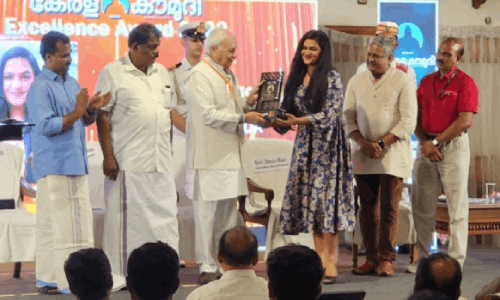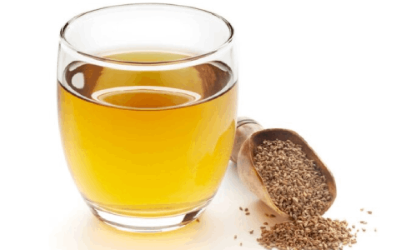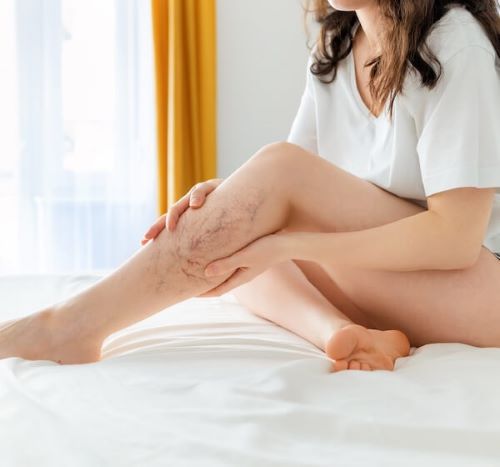In Ayurveda, memory is considered as one of the functions of the Buddhi or the intellect, which is directly connected to the Prana or the life force energy. It is important to have a good memory to carry on with your daily activities. And that is why people are usually in search of ways to boost their memory. In this article, we will explore my top three secrets to boost memory according to Ayurveda. My top three secrets to boost memory Avoid idly scrolling via social media Social media has permeated every aspect of our life in the current digital era. We pore through our feeds for hours, watching videos and reading articles. On the other hand, thoughtless social media browsing can be bad for our memory. According to Ayurveda, excessive use of technology might result in an imbalance of the Vata Dosha, which is in charge of maintaining the health of our neurological system. To prevent this, it is essential to limit your screen time and take regular breaks. Ayurveda recommends practicing mindfulness meditation to calm the mind and reduce stress. This can be done by sitting in a quiet place and focusing on your breath, repeating a Mantra or a positive affirmation, or observing your thoughts without judgment. Mindfulness meditation has been shown to improve memory and cognitive function, as it helps to reduce stress and anxiety, which are the leading causes of memory loss. Be sure to eat Brahmi and Mandukaparni Herbs are frequently utilized in Ayurveda to improve health and well-being. Traditional uses of the herbs Brahmi (Bacopa monnieri) and Mandukaparni (Centella Asiatica) include memory and cognitive enhancement. Brahmi is a brain tonic that strengthens cognitive ability while nourishing the neurological system. Known as a natural adaptogen, Brahmi, therefore, supports the body’s ability to handle stress and anxiety. On the other hand, Mandukaparni is a revitalizing plant that enhances memory, focus and mental clarity. Moreover, it has a relaxing influence on the psyche, assisting in the reduction of tension and anxiety. You can consume Brahmi and Mandukaparni as capsules, pills, or powders. Ayurveda advises having Infusions or teas made from these herbs. Organize your things Cluttered surroundings can lead to a cluttered mind, which can adversely affect our memory. Ayurveda recommends keeping your surroundings organized and clutter-free to promote mental clarity and concentration. You can achieve this by keeping your workspace, home and living space clean and tidy. It is also essential to have a proper sleep routine, which includes going to bed and waking up at the same time every day. Ayurveda, therefore, recommends getting seven to eight hours of sleep every night; moreover, sleep plays a crucial role in memory consolidation. It is the process by which the brain processes and stores information during sleep. Memory is a vital aspect of our lives, and it is essential to take care of it. Ayurveda recommends adopting a healthy lifestyle that includes a balanced diet, regular exercise and stress-reducing practices like mindfulness meditation. Including herbs like Brahmi and Mandukaparni in your diet can also help improve memory and cognitive function. Finally, organizing your surroundings and maintaining a proper sleep routine can also help boost memory according to Ayurveda. By incorporating these simple habits into your daily routine, you can improve your memory and overall well-being. Memory is a vital aspect of our lives; therefore, it is essential to take care of it. Ayurveda recommends adopting a healthy lifestyle that includes a balanced diet, regular exercise and stress-reducing practices like mindfulness meditation. Including herbs like Brahmi and Mandukaparni in your diet can also help improve memory and cognitive function. Finally, organizing your surroundings and maintaining a proper sleep routine can also help boost memory according to Ayurveda. By incorporating these simple habits into your daily routine, you can improve your memory and overall well-being. If you are struggling with any health issues, you can either book a consultation with us or send us a message via WhatsApp to +91 79074 89839. We have the best Ayurvedic doctors in Trivandrum who are always glad to help you. If you have any queries, contact us. You can also visit us at our hospital.
Best Memory Boosting Secrets You Need to Know









